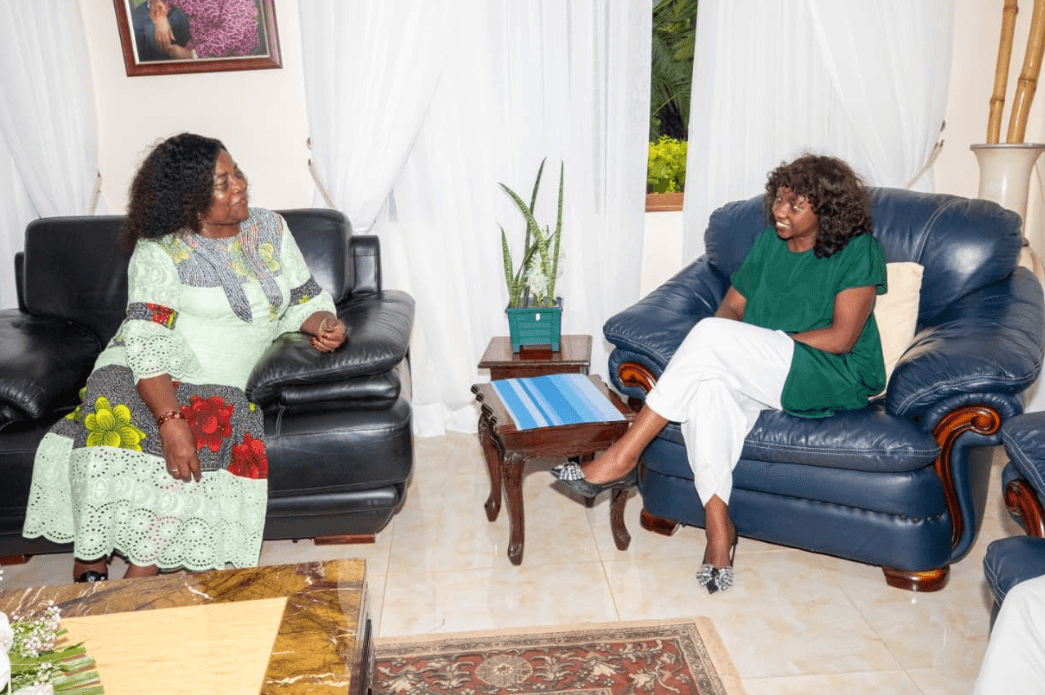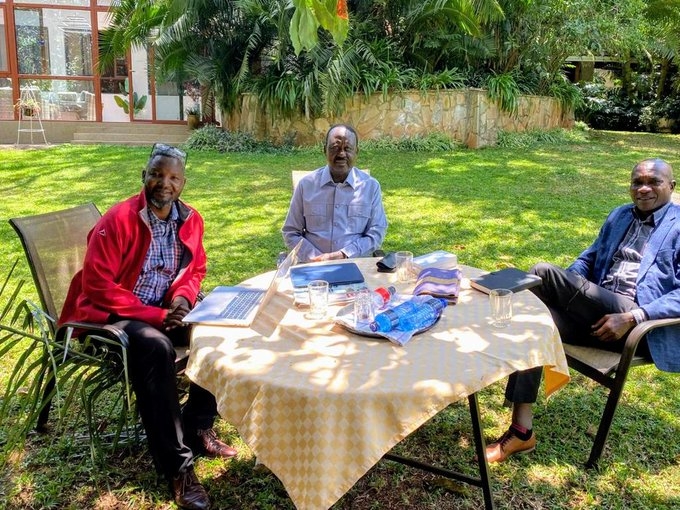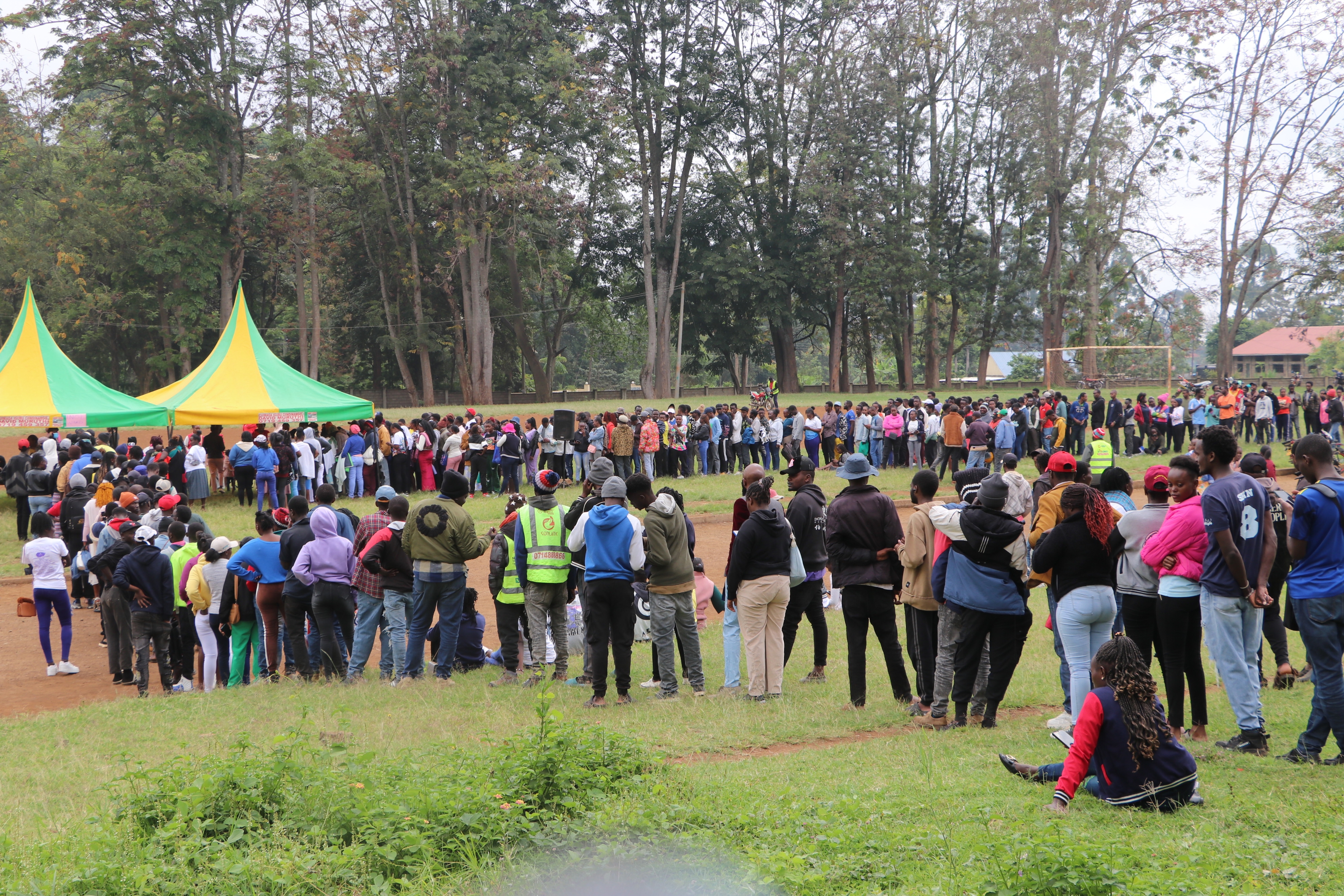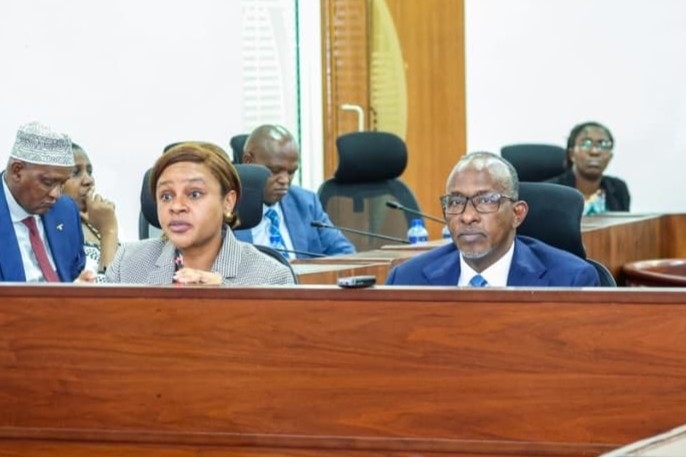American humorist Evan Esar once quipped, “With politicians it appears that the lie is as much part of speech as the noun and the verb”. Indeed, a cursory glance at national discourse across the breadths and widths of media platform gives the impression that Kenya is in a political era where the edict is, “If at first you are not believed, lie, lie and lie some more.” This is true across the political divide from the rank to the file.
It is as if it is a politician’s rule of thumb never to consider whether any proposition was true or false, but rather whether it was convenient. How should a citizen react when it has been shown that a politician lies repeatedly? Should you just shrug it off? How should one react?
While it may be true that everybody lies, at least at one time or another, lies told by Kenyan politicians and others in power are particularly pernicious, since trust is lost not only in the politician but also the office he or she holds when the lie is discovered.
Besides, every lie chips away at the liar's trust in themselves. Over time, consistent lying leads to an identity crisis - confusion between the real self and the deceptive self one portrays to others. No wonder our politicians are conflicted.
The political lie is most useful if it is terrifying and can therefore be used to enlist support. It was not out of jest that Kenya Kwanza apparatchiks described Gen Z demonstrators as criminals and their activities as treasonous. In doing so, they intended to pull the rug of the favour of public opinion from under the feet of the protestors.
The Kenyan political liar is an artist par excellence. As an artist, the political liar often starts with a new vision and then explores the best way to get this across, with the political lie being an essential tool.
In the run up to the August 2022 election, political artist William Ruto and his Kenya Kwanza Hustler Orchestra International, mesmerised Kenyans with their tall tale of the bottom-up strategy. They spun the yarn of mama mboga, mtu wa piki piki and crowned it with the wheelbarrow and the kazi ni kazi one liner. Indeed, a lie can speak louder than words.
The vilest writer has his readers and so does the Kenyan politician liar have his cheerleaders. It often happens that if a lie be believed only for an hour, it has done its work, and there is no further occasion for it. Falsehood flies and truth comes limping after it, so that when Wanjiku comes to be undeceived, it is too late; the jest is over, and the tale has had its effect.
Interestingly though, studies that examine the propensity to lie among politicians find that those politicians who are most willing to lie tend to be more successful in getting reelected. Thus, lying may be important for survival in the world of politics. People don’t lie without a reason. It is easier to tell the truth than to lie, so people only lie when they are incentivised to do so.
It may be that politicians, at least most of them, are honest by nature but simply find themselves in a field in which you and I incentivise them to lie. Representing broad constituencies, it is challenging to be completely honest without upsetting some voters. Additionally, politicians work to hype their accomplishments and downplay or undermine the successes of their adversaries. It may be hard to do that without fudging the truth a bit.
There are prerequisites for why people lie. One, is it beneficial? Two, are the risks acceptable? And three, can they morally justify their dishonesty? Dishonest Kenyan politicians too often see the subsidy of lying, feel like they can get away with it, and see their lying as a necessary part of the job rather than a deep character defect.
I don’t pretend it will be easy to get politicians to start censuring their own behaviour, something which they are notoriously reticent to do. Nonetheless, politicians – as they are wont to remind us – are the servants of the people.
So if the dishonesty and lying of politics bothers us as much as we say it does, then we should direct that displeasure at politicians themselves. If the complaints are loud enough, and if enough people join in, any politician who wishes to stay in power will have to shape up.
The writer teaches globalisation and international development at Pwani University












